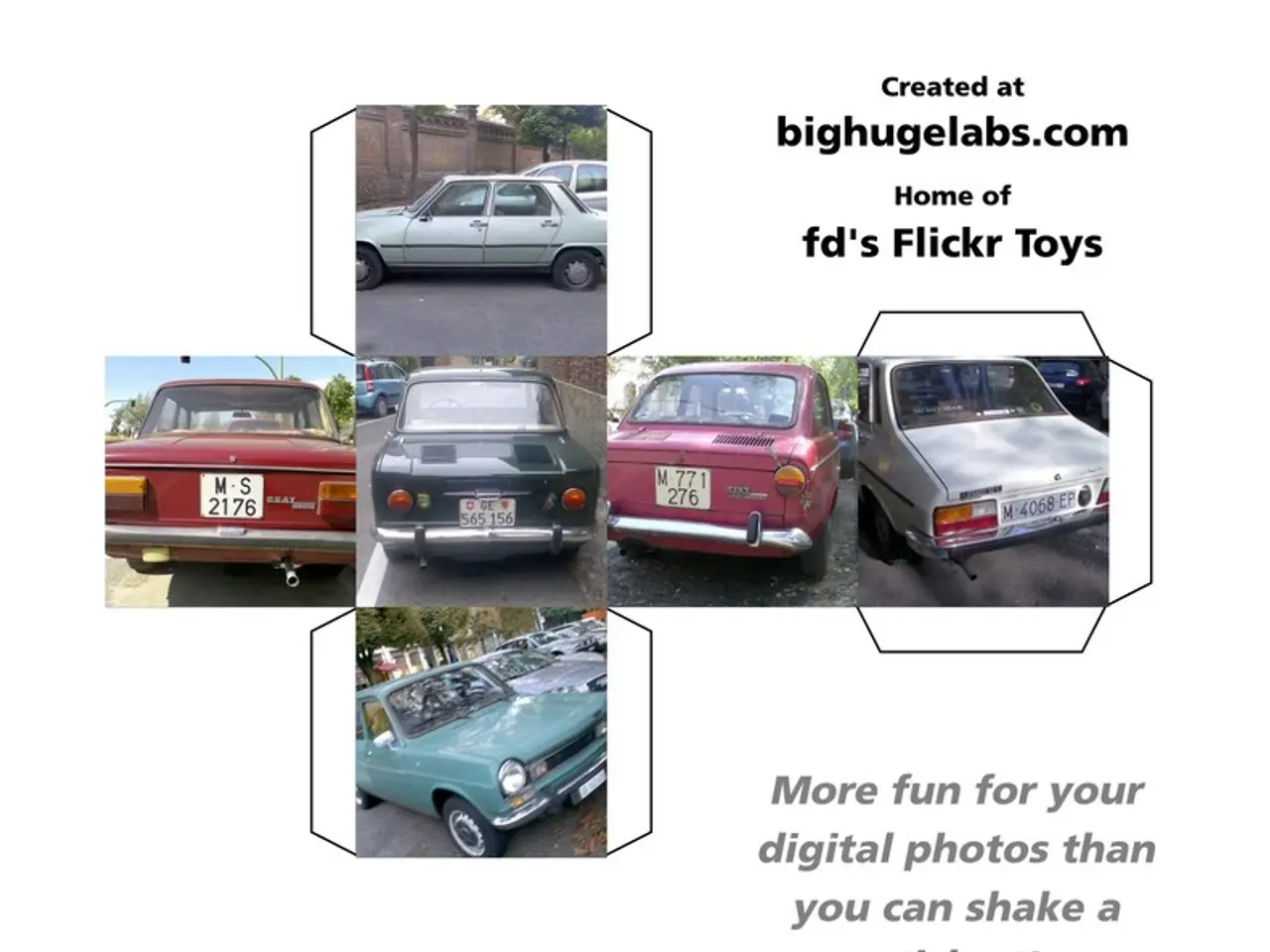Turmoil on the Road: Experiencing Impolite Behavior and Aggression While Driving a Tesla Cybertruck in 2025
The Tesla Cybertruck, driven recently by journalist Saahal Desai of The Atlantic through the streets of Washington, D.C., has become more than just an electric vehicle. It has transcended its role as a practical tool and taken on a significant cultural and political symbolism, dividing American society.
The Cybertruck's association with Elon Musk, a figure deeply intertwined with increasingly radical political stances, has played a crucial role in this transformation. Musk's public support for former President Donald Trump, his funding of Trump's political campaign, and his role in dismantling parts of the federal government have added fuel to the controversy surrounding the Cybertruck.
For many, driving a Cybertruck is seen as a statement of support for Musk's vision for America. Conversely, for others, it represents a divisive ideology, earning the vehicle the target of vandalism, ridicule, and protest. The Cybertruck has become a battleground in America's culture wars.
The polarising presence of Elon Musk exacerbates the situation. His controversial political stances and actions have led to intense public reactions, ranging from admiration by some owners who embrace its futurism and distinctiveness to hostility and vilification by critics who view it as emblematic of divisive ideology.
Opinions on the Cybertruck's design and performance further fuel its divisiveness. Critics often dislike its angular, unconventional aesthetics, comparing it unfavorably to sci-fi props and raising concerns about safety for pedestrians. However, many owners appreciate its boldness and uniqueness, considering driving it an act of differentiation or even a political statement.
Tesla's troubled production and reliability record with the Cybertruck, including recalls, quality complaints, and performance issues, have tempered enthusiasm and reinforced negative perceptions among some consumers. This practical dimension compounds its contentious societal image, as the vehicle struggles in sales compared to more conventional electric trucks.
In summary, the Tesla Cybertruck's divisiveness in American society represents a confluence of its radical design, the political controversies surrounding Elon Musk, and public debates about the future of automotive technology and environmental policy. It serves as a cultural and political lightning rod, symbolizing broader societal divisions rather than merely being an innovative electric truck.
Desai's drive through D.C. revealed a divisive reaction from the public towards Elon Musk and his company. He encountered insults, threats, and obscene gestures from strangers, highlighting the intense emotions the Cybertruck evokes.
The future is uncertain for the Cybertruck, as it may struggle to separate itself from Musk's persona and re-establish itself as a vehicle people want to drive for the right reasons. However, its place in pop culture is already sealed, with the Cybertruck serving as a symbol of societal division, a physical manifestation of everything that's currently wrong with America's politics.
- The Cybertruck's image as a cultural and political symbol has been enhanced by Elon Musk's affiliation with technology and his controversial political stances, which include supporting former President Donald Trump and funding his political campaign.
- The unconventional design of the Cybertruck, compared unfavorably by some critics to sci-fi props and raising concerns about pedestrian safety, has further contributed to its divisiveness among car enthusiasts and general news audiences.
- Despite recurring production and reliability issues, the Tesla Cybertruck continues to hold significance as a lightning rod for cultural and political debates about the future of automotive technology and environmental policy, symbolizing broader societal divisions.




